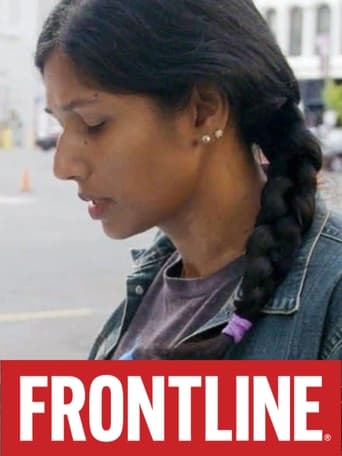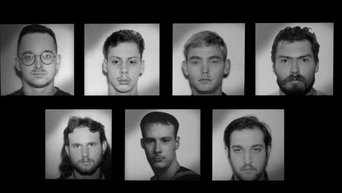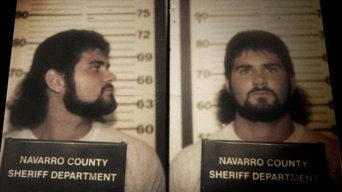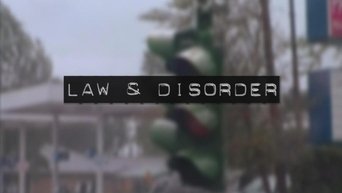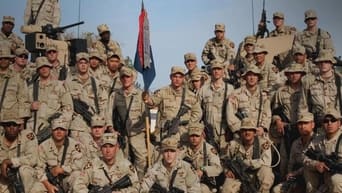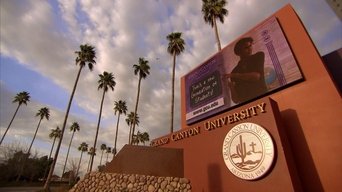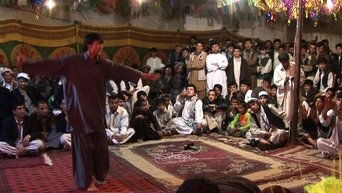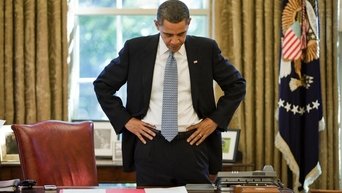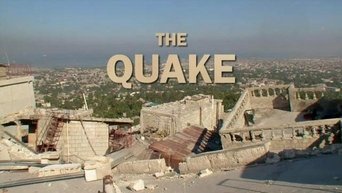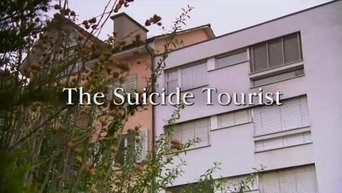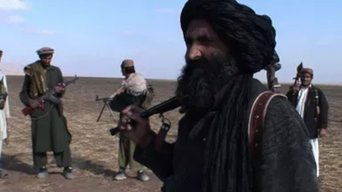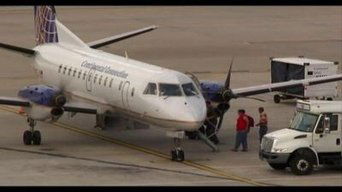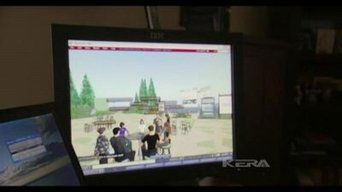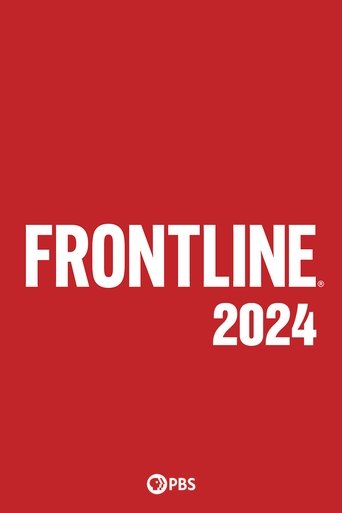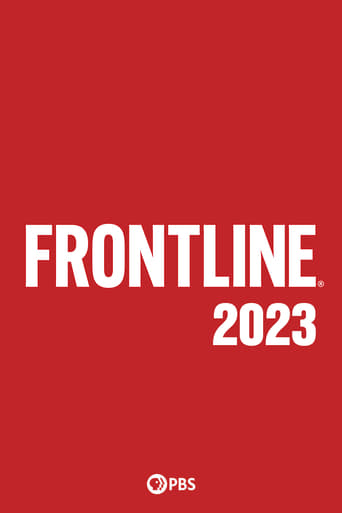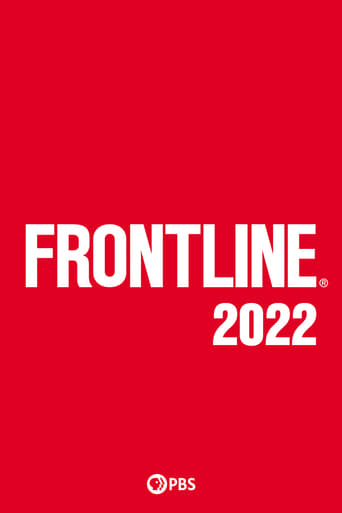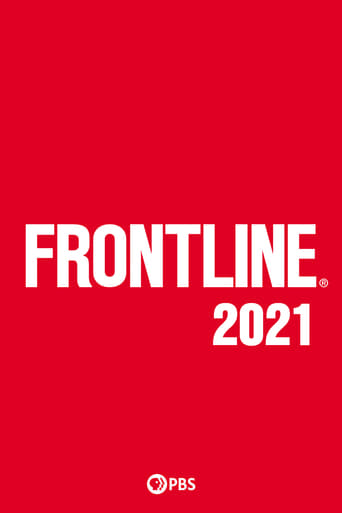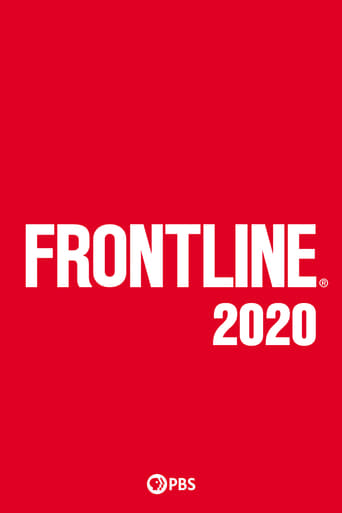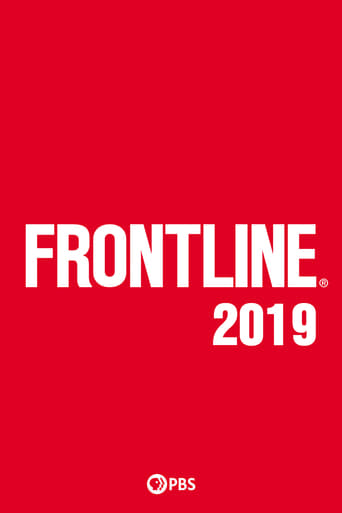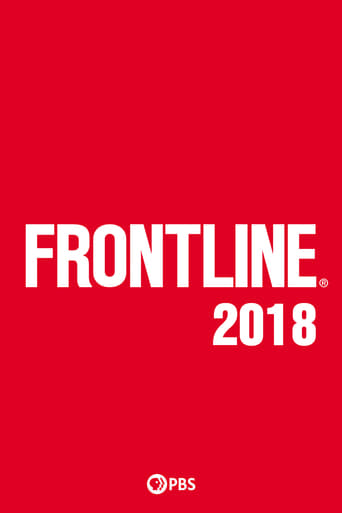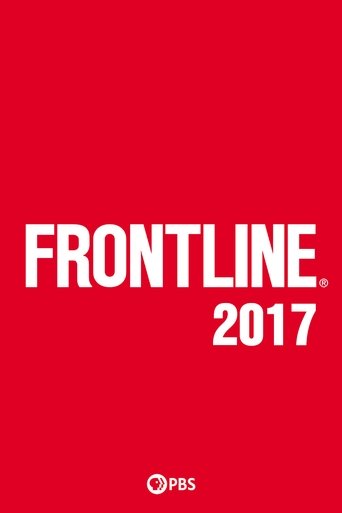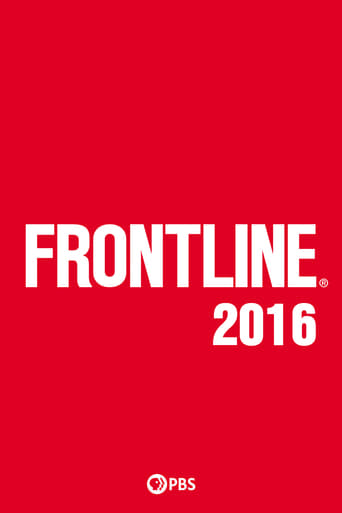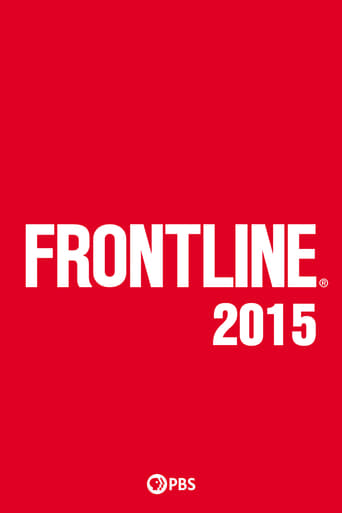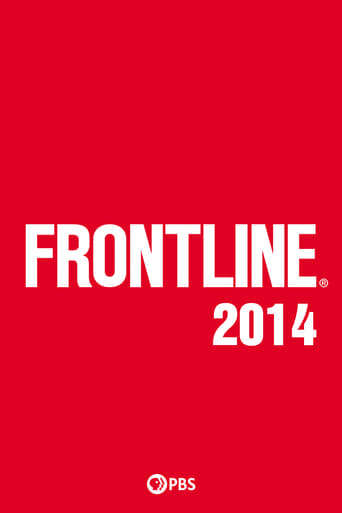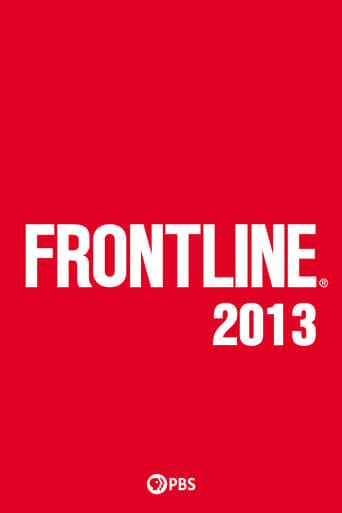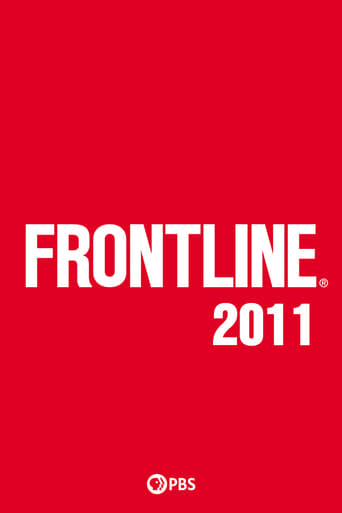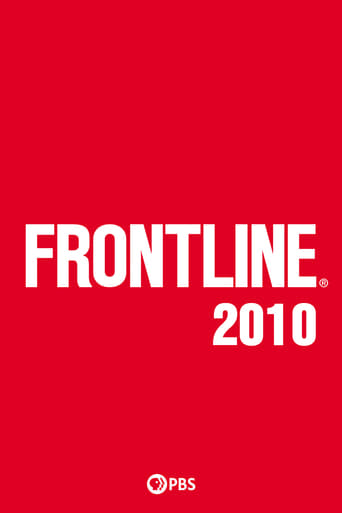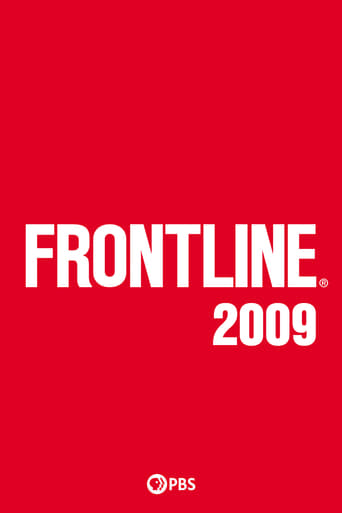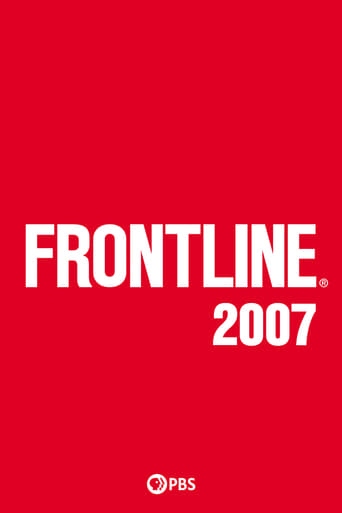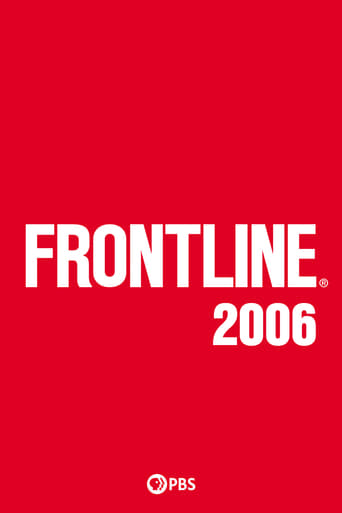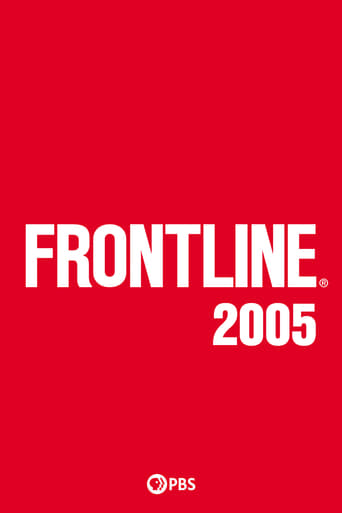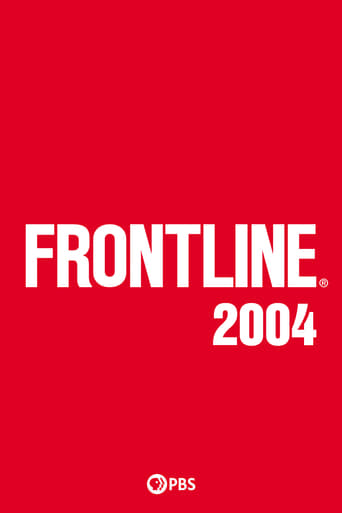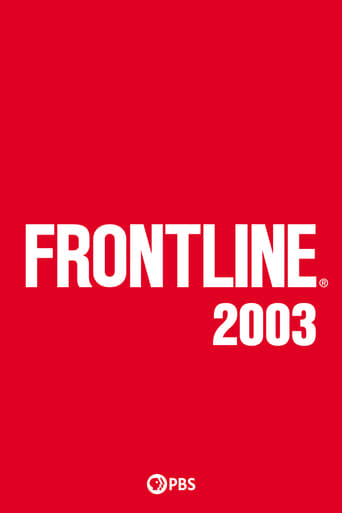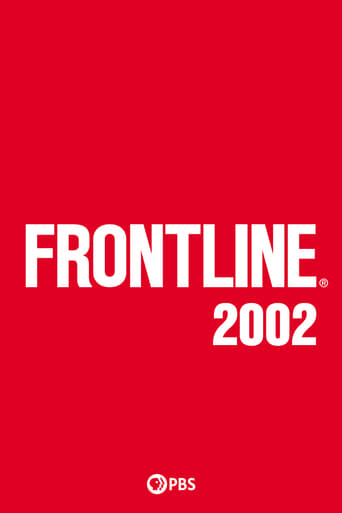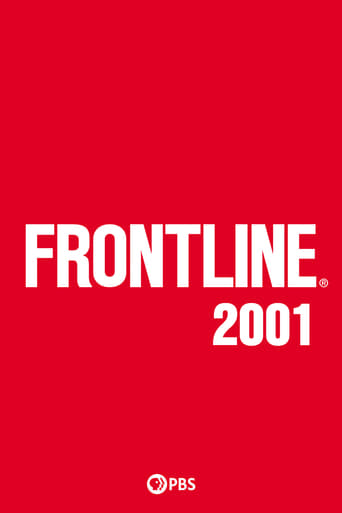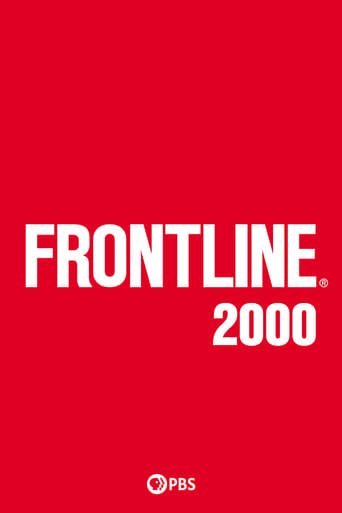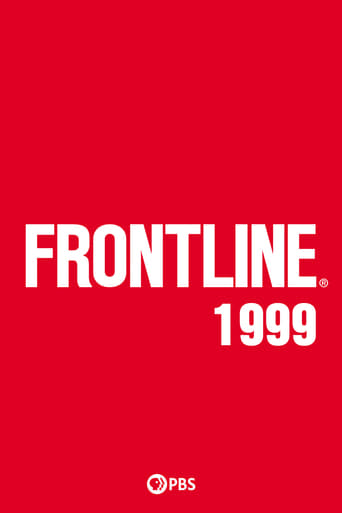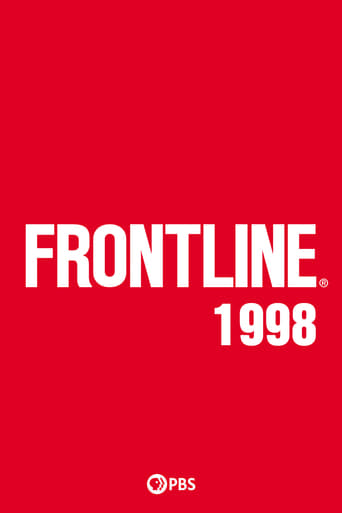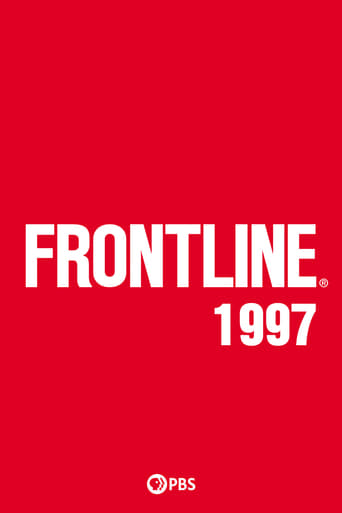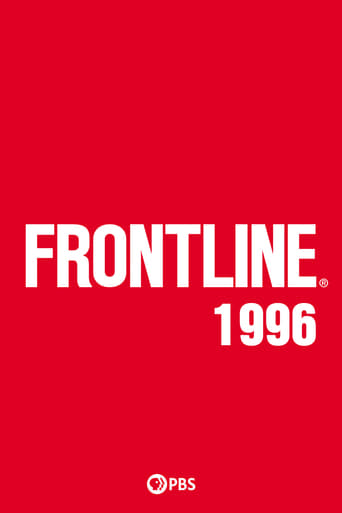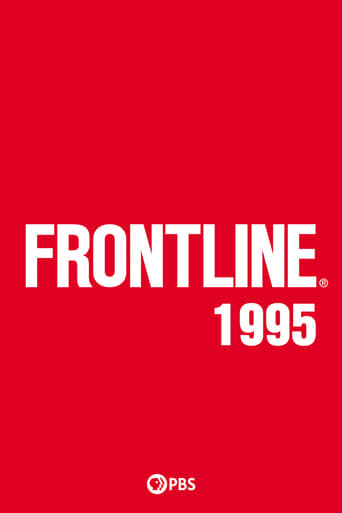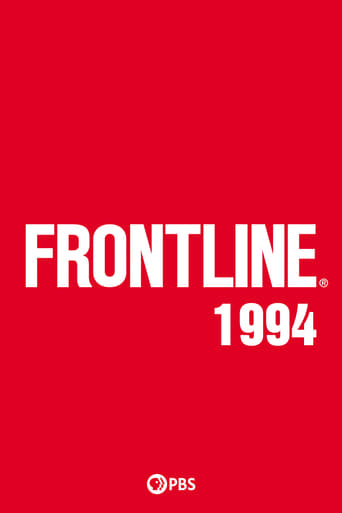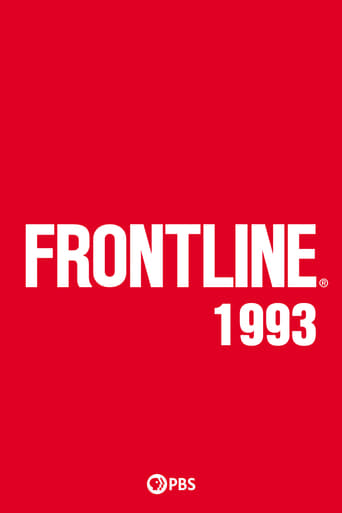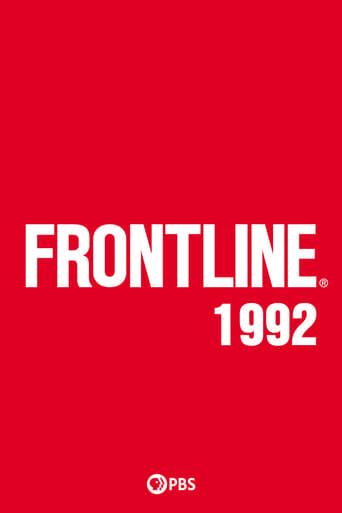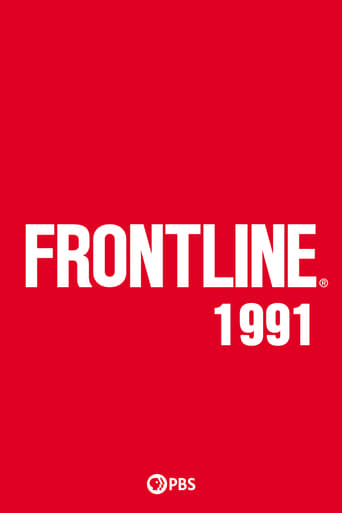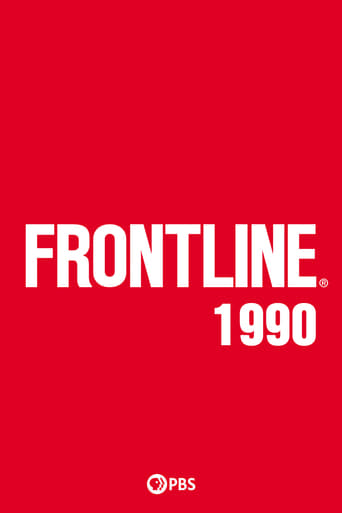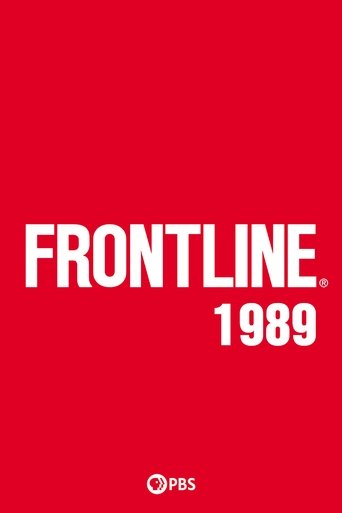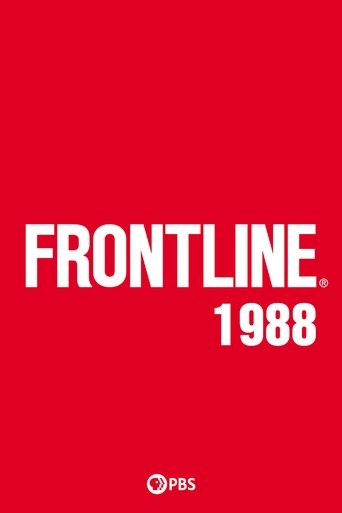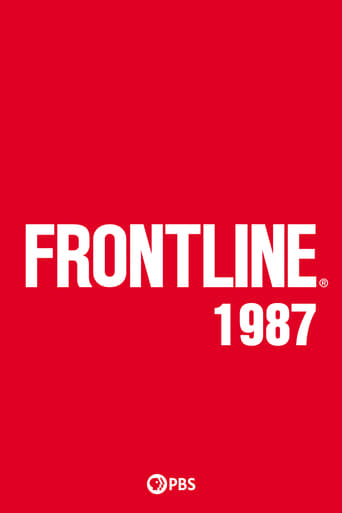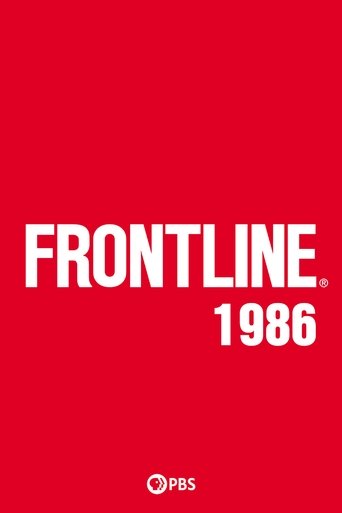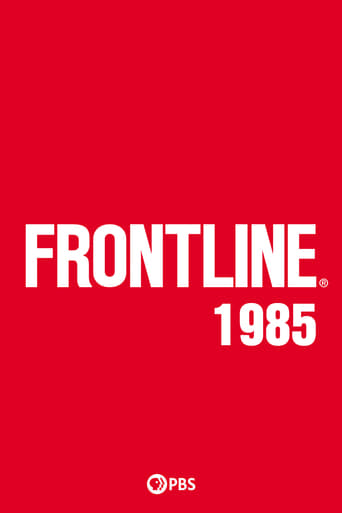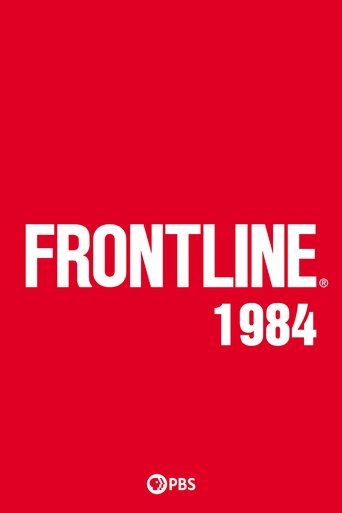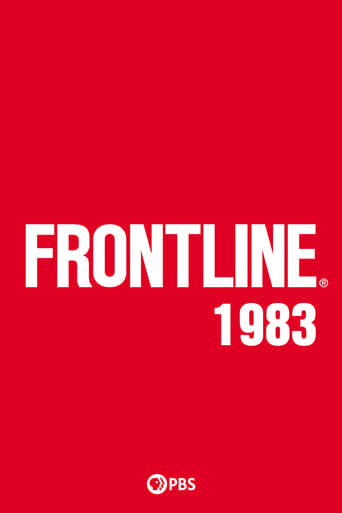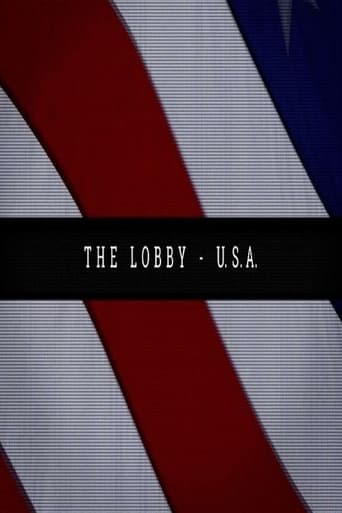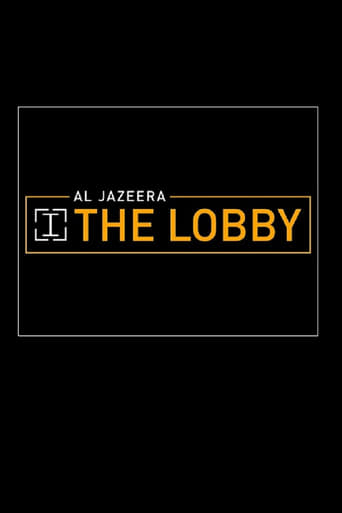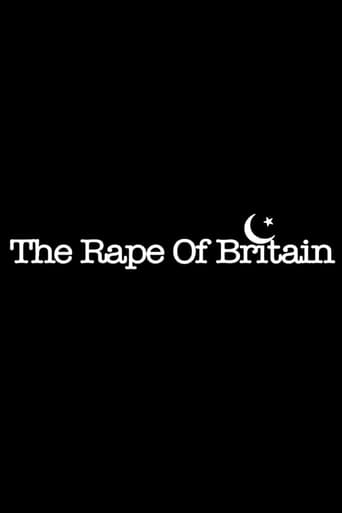Frontline Season 28
With 30 Day Free Trial!
Frontline
1983 / TV-PG
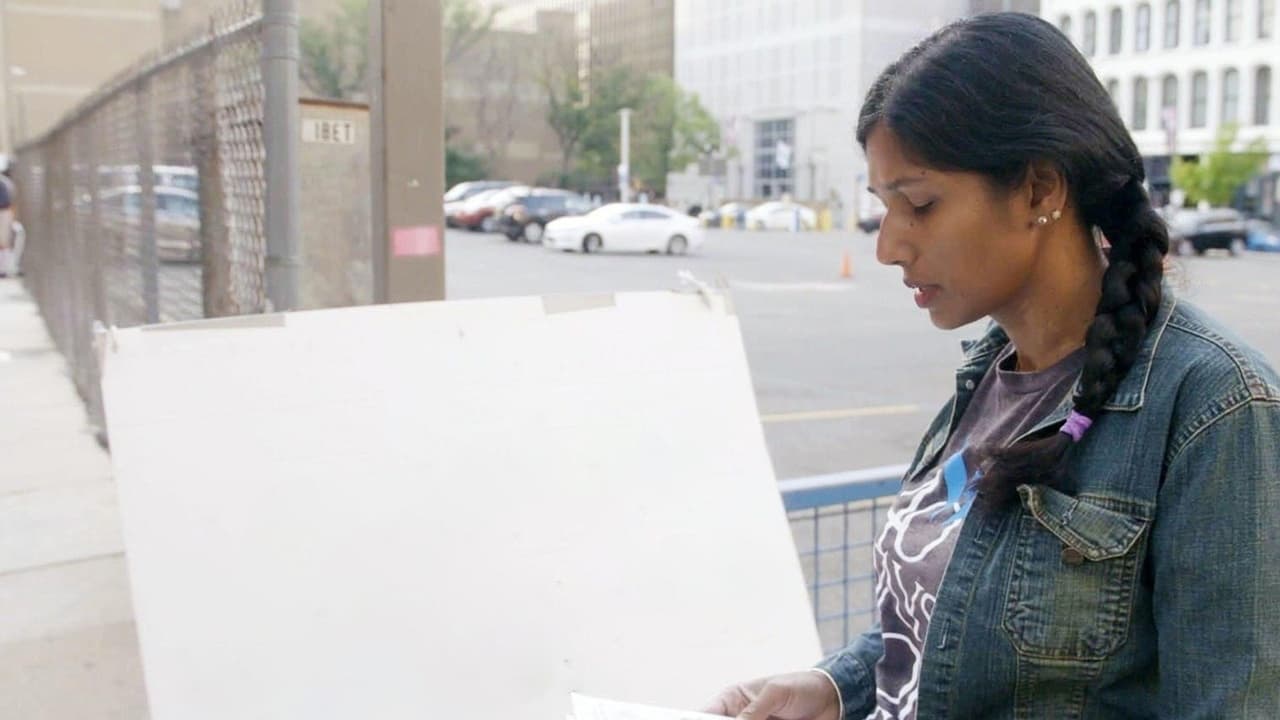
Since it began in 1983, Frontline has been airing public-affairs documentaries that explore a wide scope of the complex human experience. Frontline's goal is to extend the impact of the documentary beyond its initial broadcast by serving as a catalyst for change.
Watch Trailer
Frontline Season 28 Full Episode Guide
How far would you go to sustain the life of someone you love, or your own?
Why would four innocent men confess to a brutal crime they didn't commit? FRONTLINE producer Ofra Bikel (Innocence Lost, An Ordinary Crime) investigates the conviction of four Navy sailors for the rape and murder of a Norfolk, Virginia, woman in 1997.
Long before the Deepwater Horizon explosion in the Gulf, BP was widely viewed as a company that valued deal-making and savvy marketing over safety, a "serial environmental criminal" that left behind a long trail of problems -- deadly accidents, disastrous spills, countless safety violations -- which many now believe should have triggered action by federal regulators. Could the spill have been prevented? Through interviews with current and former employees and executives, government regulators, and safety experts, FRONTLINE correspondent Martin Smith joins with the investigative non-profit ProPublica to examine the trail that led to the disaster in the Gulf. From BP's vast oil fields in Alaska to its refineries in Texas and its trading rooms in New York and London, the film raises new questions about whether BP's corporate culture will finally be forced to change.
Did Texas execute an innocent man? Several controversial death penalty cases are currently under examination in Texas and in other states, but it’s the 2004 execution of Cameron Todd Willingham — convicted for the arson deaths of his three young children — that’s now at the center of the national debate. With unique access to those closest to the case, FRONTLINE examines the Willingham conviction in light of new science that raises doubts about whether the fire at the center of the case was really arson at all. [Explore more stories on the original website for Death by Fire.]
Behind the enduring images of heroic rescues undertaken by the New Orleans Police Department in the aftermath of Hurricane Katrina, there is another story of law enforcement in crisis, even out of control. Law & Disorder a year-long, ongoing collaboration among FRONTLINE, ProPublica and the New Orleans Times-Picayune, investigates charges that NOPD officers inappropriately used lethal force against New Orleans citizens and then tried to cover up their actions. Airing days before the fifth anniversary of one of the deadliest hurricanes in U.S. history and drawing from reports published in a real-time online investigation, FRONTLINE takes a fresh look at how the NOPD performed when the rules of civilized society collapsed.
Since the Iraq War began, soldier arrests in the city of Colorado Springs have tripled. At least thirty-six servicemen based at the nearby Army post of Fort Carson have committed suicide. And fourteen Fort Carson soldiers have been charged or convicted in at least eleven killings. Many of the most violent crimes involved men who had served in the same battalion in Iraq. Three of them came from a single platoon of infantrymen. FRONTLINE tells the dark tale of the men of 3rd Platoon, Charlie Company, 1st battalion of the 506th infantry; and how the war followed them home. It is a story of heroism, grief, vicious combat, depression, drugs, alcohol and brutal murder; an investigation into the Army's mental health services; and a powerful portrait of what multiple tours and post-traumatic stress are doing to a generation of young American soldiers.
The business of higher education is booming. It's a $400 billion industry fueled by taxpayer money. But what are students getting out of the deal? Critics say a worthless degree and a mountain of debt. Investors insist they're innovators, widening access to education. FRONTLINE follows the money to uncover how Wall Street and a new breed of for-profit universities are transforming the way we think about college in America.
Frontline examines both sides of the debate over vaccines. On one side, the public health community wholeheartedly endorses them. One the other, parents and politicians accuse them of causing disorders like autism.
In Afghanistan today, in the midst of war and endemic poverty, an ancient tradition ? banned when the Taliban were in power ? has re-emerged across the country. It?s called Bacha Bazi, translated literally as ?boy play.? Hundreds of boys, some as young as 11, street orphans or boys bought from poor families by former warlords and powerful businessmen, are dressed in women?s clothes, taught to sing and dance for the entertainment of male audiences and then sold to the highest bidder or traded among the men for sex. With remarkable access inside a Bacha Bazi ring operating in northern Afghanistan, Afghan journalist Najibullah Quraishi investigates this practice, still illegal under Afghan law, talking with the boys, their families and their masters, exposing the sexual abuse and even murders of the boys, and documenting how Afghan authorities responsible for stopping these crimes are sometimes themselves complicit in the practice.
Health care reform was the first big policy deal taken on by the Obama administration. Many say the young president has bet the mid-term elections, possibly his presidency, on the outcome. In a new investigation FRONTLINE goes behind closed doors at the White House, in Congress and the boardrooms of the giant health-care lobby to examine the political battles and costly compromises that defined Barack Obama's endeavor. From early positive efforts, through the bitter battles with the Tea Party, the elation of apparent success at Christmas, to the crushing failure in the Massachusetts Senatorial election, FRONTLINE follows the story and reveals the first in-depth look at how the Obama administration operates. In Obama's Deal, FRONTLINE veteran producer Michael Kirk (Bush's War, Dreams of Obama, Inside the Meltdown, The Warning) provides a sobering expose' of the realities of American politics, the power of special interest groups, and the role of money in policy making.
On January 12, 2010, Haiti was leveled by one of the most devastating earthquakes in recorded history. Those responsible for handling the catastrophe, including the Haitian state and the United Nations, were crippled by the magnitude of the disaster and struggled to respond. In the confused aftermath, survivors were left without food, water or shelter. FRONTLINE correspondent Martin Smith and team arrived in Port-au-Prince within days, and in this powerful report, bears witness to the disaster and the ill-coordinated relief efforts in the poorest country in the Western hemisphere. Drawing on interviews with key officials and humanitarian experts from Port-au-Prince to New York, The Quake asks, can the world do better? And how?
Do we have the right to end our lives if life itself becomes unbearable, or when we enter the late-stages of painful, terminal illness? The questions, debated for centuries, have only grown more pressing in recent years as medical technology has allowed us to live longer lives, and several U.S. states have legalized physician-assisted suicide. With unique access to Dignitas, the Swiss non-profit that has helped over one thousand people die since 1998, Academy award- winning filmmaker John Zaritsky offers a revealing look at a couple facing the most difficult decision of their lives--and lets us see for ourselves as one Chicago native makes the trip to Switzerland for what will become the last day of his life.
This past fall, an Afghan video journalist negotiated extraordinary access to a part of the country that has quietly reverted back to Taliban control. For close to two weeks, the journalist traveled a region that he found was now largely under control of the Taliban "shadow" government. He also tracked members of an insurgent cell working with members of Al Qaeda on a mission to sabotage a major U.S./NATO supply route. As the new U.S. strategy focuses on the south and eastern parts of the country, this film opens up a window onto a potential new front in the north, and sheds an important light on who's fighting the U.S. efforts in Afghanistan and why. Also in this hour: A report from Pakistan on the country's troubled public school system which is among the worst in the world, despite years of U.S. aid.
One year after the deadly airline crash of Continental 3407 in Buffalo, NY, FRONTLINE investigates the accident and discovers a dramatically changed airline industry, where regional carriers now account for half of the nation's daily departures. The rise of the regionals and arrival of low-cost carriers have been a huge boon to consumers, and the industry insists that the skies remain safe. But many insiders are worried that now, 30 years after airline deregulation, the aviation system is being stretched beyond its capacity to deliver service that is both cheap and safe.
Frontline explores how the Internet and digital media have completely transformed contemporary life.
Free Trial Channels
Seasons


